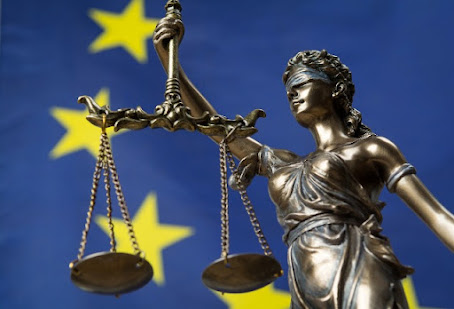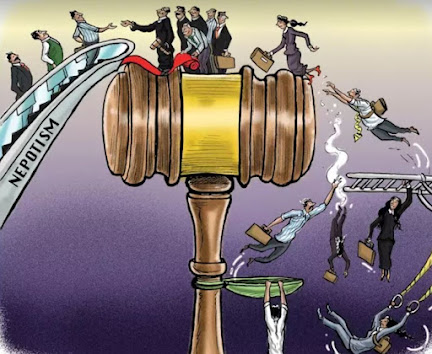Implementation of the European Court's judgments: New decisions adopted by the Committee of Ministers
The Council of Europe’s Committee of Ministers has published the case-by-case decisions taken during the Committee’s meeting from 20 to 22 September 2022 to supervise the implementation of judgments and decisions from the European Court of Human Rights.
The Committee of Ministers adopted 31 decisions concerning 19 member states during the meeting, including Interim Resolutions in the Mammadli v. Azerbaijan group of cases and the Georgia v. Russia (I) case. 72 Final Resolutions were adopted by the Committee in respect of 137 judgments and decisions from the European Court, concerning 28 different member states.The Committee also adopted an indicative list of cases to be examined during its next dedicated meeting on the execution of judgments, which will take place from 6 to 8 December 2022.
Under Article 46 of the European Convention on Human Rights, judgments from the European Court of Human Rights are binding on the states concerned.
The Committee of Ministers oversees the execution of judgments on the basis of information provided by the national authorities concerned, NGOs, National Human Rights Institutions (NHRIs) and other interested parties.
Following its exclusion from the Council of Europe on 16 March 2022, the Russian Federation ceased to be a High Contracting Party to the European Convention on Human Rights on 16 September 2022.
The Committee of Ministers continues to supervise the execution of the judgments and friendly settlements concerned, and the Russian Federation is obliged to implement them. (source: coe.int)








Comments
Post a Comment